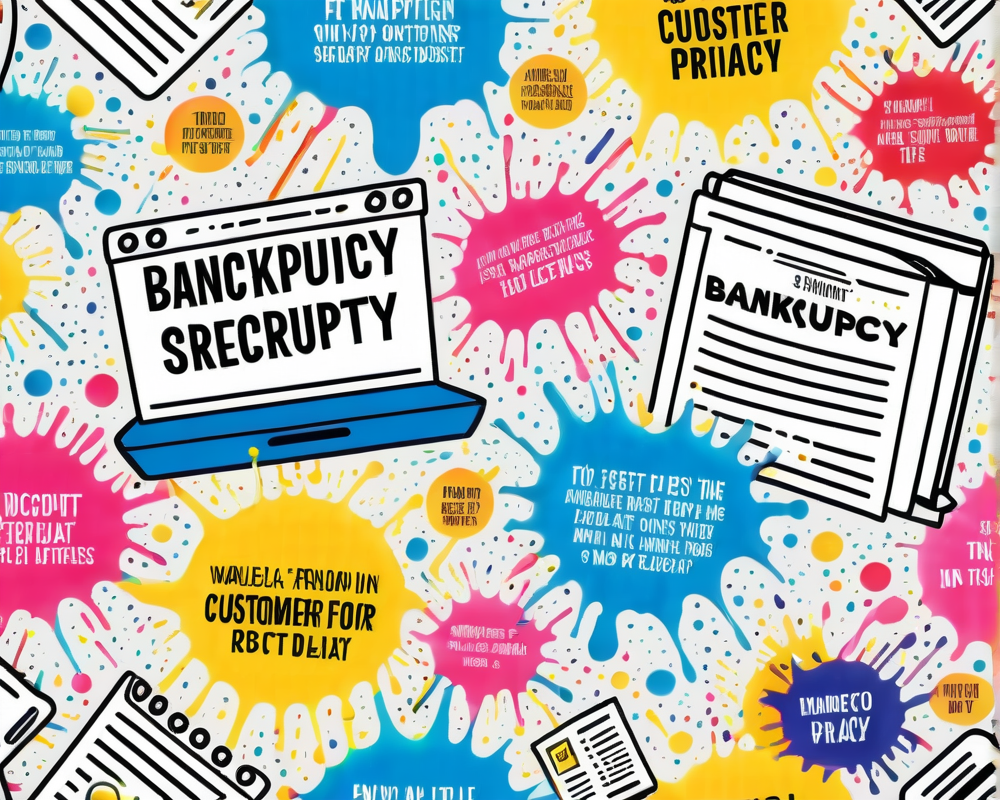Background on FTX’s Bankruptcy
The collapse of the cryptocurrency exchange FTX sent shockwaves throughout the financial world. With billions of dollars lost and regulators and consumers left scrambling, the bankruptcy process has taken on a life of its own. Amid the drama, a noteworthy decision has recently emerged from the U.S. Bankruptcy Court.
Privacy First: The Court’s Ruling
In a surprising but necessary twist, Judge John Dorsey ruled that FTX can permanently redact individual customer names from all court filings. This ruling came in response to FTX’s concerns over safety and potential scams that could result from public exposure. Talk about a digital cloak of invisibility!
Media Organizations Push Back
Several mainstream media outlets have voiced strong opposition to this decision, arguing that the press—and the public—should have access to bankruptcy filings. They insist that transparency is essential, and that customers have a presumed right of access. I mean, who doesn’t want to know who their digital neighbors are when it comes to money matters?
The Delicate Balance of Privacy and Transparency
Judge Dorsey, however, emphasizes customer protection, labeling them as “the most important issue in this case.” In Dorsey’s view, individual customers might face a different set of risks compared to institutional investors. The judge’s ruling presents a tightrope walk that weighs privacy against the media’s hunger for transparency.
Temporary Sealing for Corporations
While companies and institutional investors’ names will be sealed only on a temporary basis, Dorsey has mandated that FTX revisit this decision in 90 days. This “temporary cloak of mystery” does raise eyebrows among those convinced such companies deserve the same privacy as individuals. After all, nobody wants their crypto dealings to end up on the front page!
Arguments from the Restructuring Team
Investment bank partner Kevin Cofsky, advocating for FTX, argued that revealing customer names could severely damage the restructuring process and impede FTX’s ability to regain its footing. It seems that keeping customers’ identities under wraps is part of a larger strategy to ensure a smoother recovery. So, is this fiscal feng shui or just jargon? You be the judge!
Public Backlash: Are Customers Really Safe?
Despite the concern for customer safety echoed by the judge, media firms like Bloomberg, Dow Jones, The New York Times, and the Financial Times remain adamant that revealing identities wouldn’t lead to “undue risk.” The desire for a more transparent process pits the need for privacy against the journalistic pursuit of the truth. Still wondering how customers can fight back if they have no idea what’s going on?




